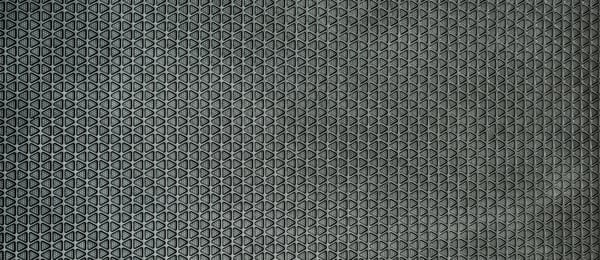
Rubber is an amazing naturally occurring substance. It is used on roads, for tires, as a seal for car doors and windows, and even clothing and accessories. Its long history starts with humble beginnings and today has evolved into one of our most useful products.
Rubber originally comes from the South American tree Hevea Brasiliensis. It was used in South America and Central America for more than 15 centuries for small balls and shoes until French scientist Charles de la Condmine figured out a way to manufacture it in the 1700s.
Its uses grew throughout the century until the 1830s when Charles Goodyear discovered a way to vulcanize it by heating it with sulfur and white lead to make it harder and durable in all types of weather. Thus the modern rubber industry was born. In the 1950s petroleum was used to create synthetic rubber, which is primarily used today.
At Sioux Rubber & Urethane, we use all types of rubber for all types of applications.
Natural Rubber
Natural rubber is relatively low-cost lining material for both corrosion and abrasion protection. Highly resilient and available in 40-50 durometer, soft natural rubber exhibits superior abrasion resistant qualities compared to other lining materials. Soft natural rubber offers excellent protection from many corrosive materials. It is available in red or black if color contamination is a consideration. Typical applications include pump housings, fan systems, linings, and parts tumbling barrels. Natural rubber can handle constant exposure to temperatures up to 150°F and intermittent exposure up to 180°F.
SBR (Styrene-Butadiene Rubber)
Most of today’s rubber is synthetic; the most common type is Styrene-Butadiene Rubber (SBR). SBR comes in a variety of durometers with around 60 shore “A” being used most often on drive rollers, pulleys, impact liners/pads, and skirt boarding. It has good impact and abrasion resistant characteristics. About 50 percent of all car tires are made from various blends of SBR’s.
Neoprene
In addition to chemical resistance and low permeability to gases, Neoprene offers excellent resistance to oils. Constant temperature limit is 200°F. Neoprene is compatible with many chemicals for corrosion protection.
Chlorobutyl
This lining offers excellent resistance to a wider range of corrosive environments than other elastomers. It is also available in a high-temperature compound with 300°F-plus capabilities.
Endurawear
Endurawear is Sioux Rubber & Urethane’s proprietary rubber that is specifically engineered to enhance the performance of your machinery, increase equipment life, and keep maintenance costs down. Endurawear is designed to provide excellent impact and abrasion resistance for plates, pulleys and liners. If you’re ready to use Endurawear to change the way you do business, give us a call today!


